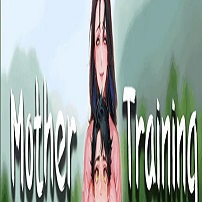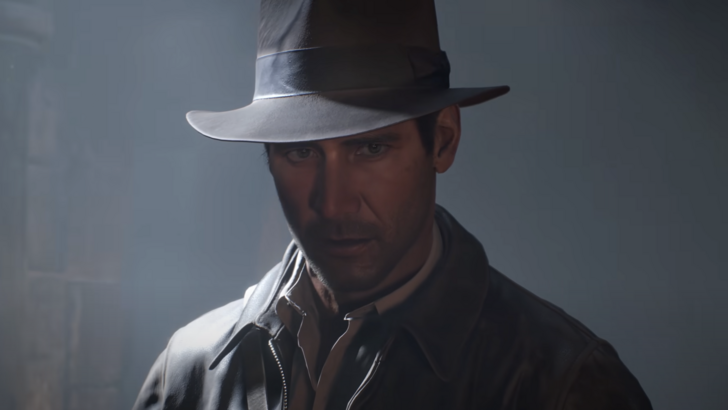 MachineGames and Bethesda's upcoming Indiana Jones title, Indiana Jones and the Great Circle, will prioritize close-quarters combat over gunfights, according to the development team. The game will be a distinctly non-shooter experience.
MachineGames and Bethesda's upcoming Indiana Jones title, Indiana Jones and the Great Circle, will prioritize close-quarters combat over gunfights, according to the development team. The game will be a distinctly non-shooter experience.
Indiana Jones and the Great Circle Emphasizes Hand-to-Hand Combat and Stealth
Puzzles and Environmental Interaction are Key
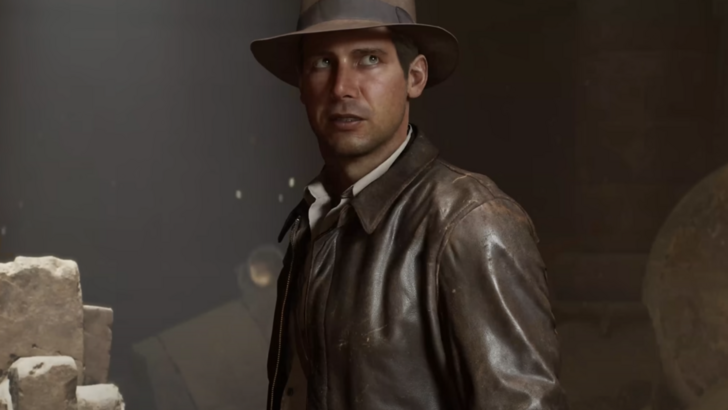 In a recent interview with PC Gamer, design director Jens Andersson and creative director Axel Torvenius highlighted the game's focus on melee combat, improvised weaponry, and stealth mechanics. Drawing inspiration from their work on the Wolfenstein series and Chronicles of Riddick: Escape From Butcher Bay, the developers explained their design choices.
In a recent interview with PC Gamer, design director Jens Andersson and creative director Axel Torvenius highlighted the game's focus on melee combat, improvised weaponry, and stealth mechanics. Drawing inspiration from their work on the Wolfenstein series and Chronicles of Riddick: Escape From Butcher Bay, the developers explained their design choices.
Andersson stated that the game wouldn't feature Indiana Jones as a gunslinger, emphasizing the importance of hand-to-hand combat. The team's experience with Chronicles of Riddick's melee system served as a foundation, adapted to suit Indy's unique fighting style. Players will utilize everyday objects—pots, pans, even banjos—as makeshift weapons. The goal is to capture Indy's resourceful and somewhat clumsy heroism in the gameplay.
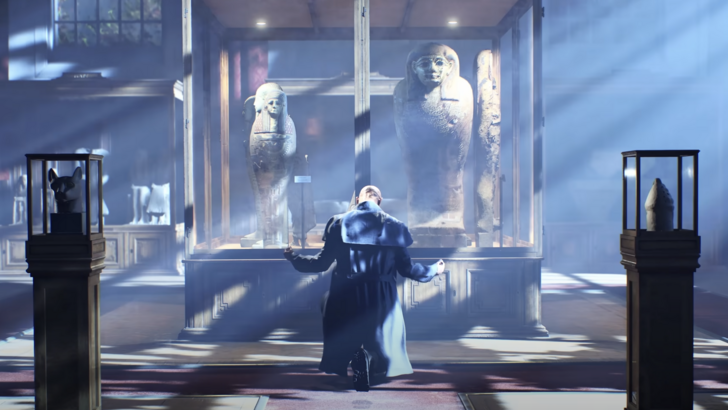 Beyond combat, players will explore diverse environments. The game will blend linear and open areas, inspired by the Wolfenstein series' level design. Some open sections will offer immersive sim-style gameplay, allowing players multiple approaches to challenges. Enemy camps, for instance, will present opportunities for exploration and creative problem-solving.
Beyond combat, players will explore diverse environments. The game will blend linear and open areas, inspired by the Wolfenstein series' level design. Some open sections will offer immersive sim-style gameplay, allowing players multiple approaches to challenges. Enemy camps, for instance, will present opportunities for exploration and creative problem-solving.
Stealth will play a significant role, combining traditional infiltration with a "social stealth" mechanic. Players can find and use disguises to blend in with their surroundings and access restricted areas. Andersson confirmed that each major location will feature various disguises to discover.
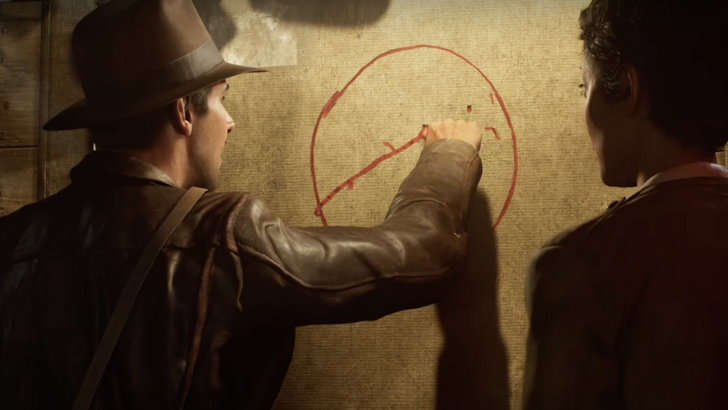 Game director Jerk Gustafsson previously told Inverse that gunplay was intentionally downplayed. The team prioritized aspects like hand-to-hand combat, navigation, and traversal, focusing on challenging gameplay elements. The game will also include complex puzzles, some optional for accessibility, while others will test even the most experienced puzzle solvers.
Game director Jerk Gustafsson previously told Inverse that gunplay was intentionally downplayed. The team prioritized aspects like hand-to-hand combat, navigation, and traversal, focusing on challenging gameplay elements. The game will also include complex puzzles, some optional for accessibility, while others will test even the most experienced puzzle solvers.




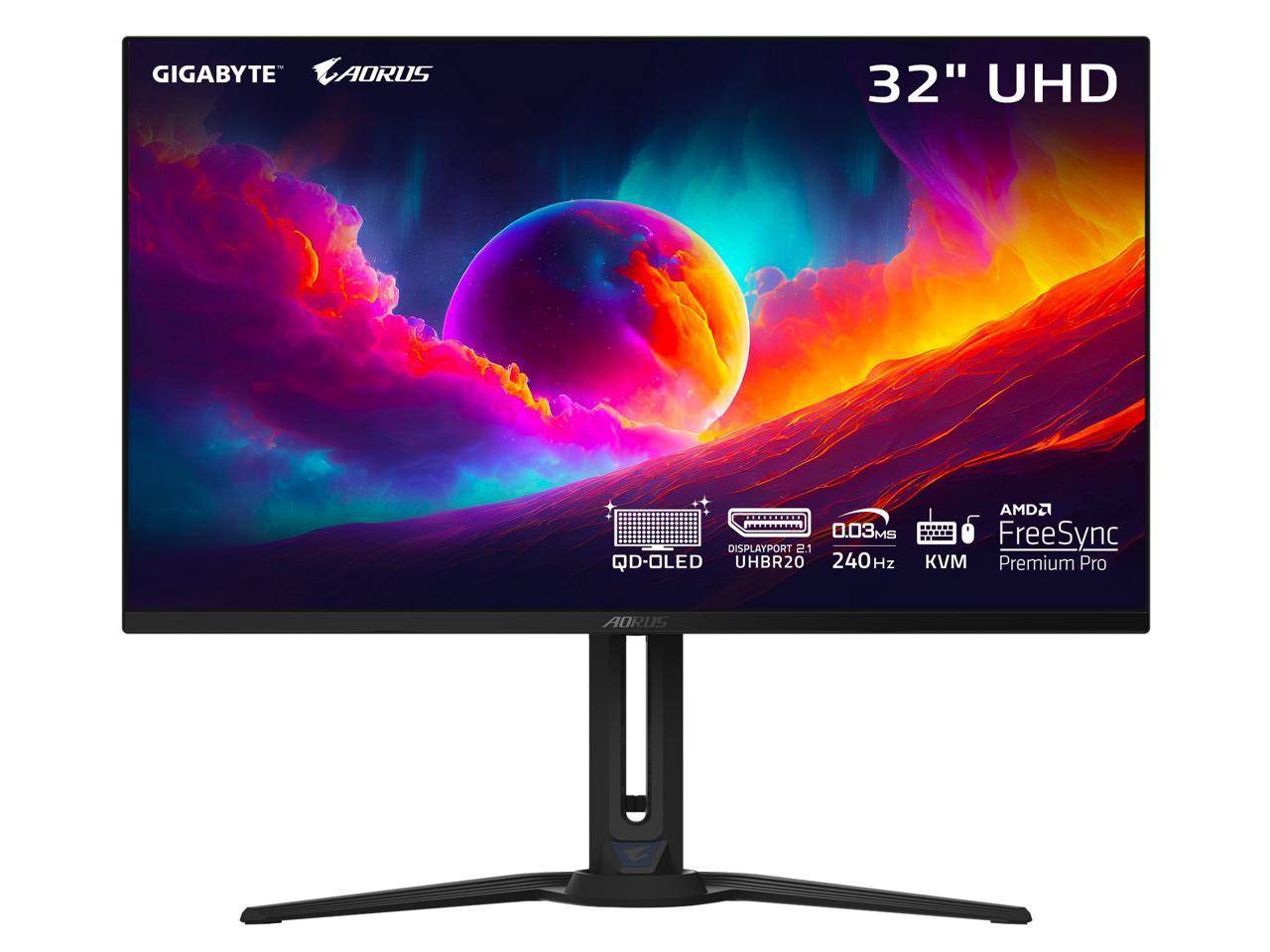





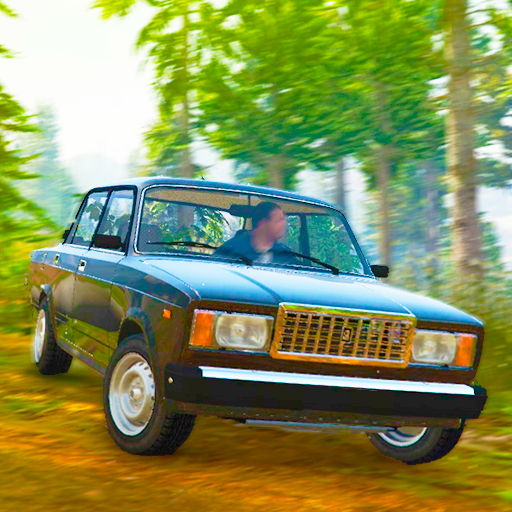


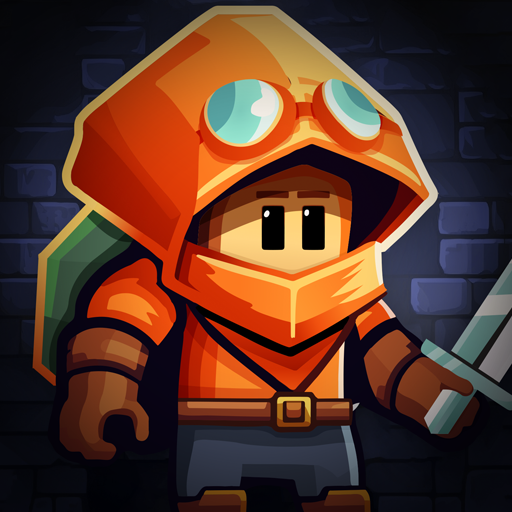
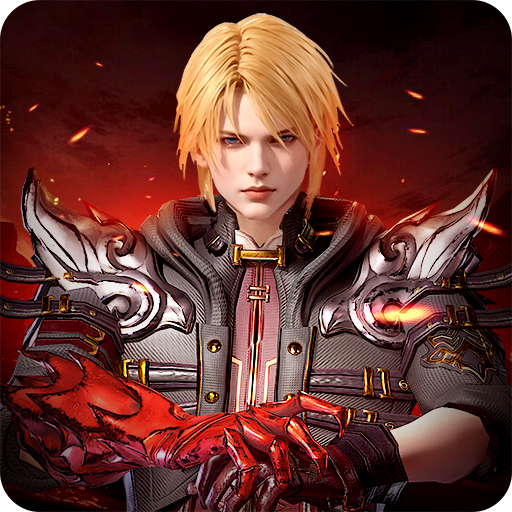



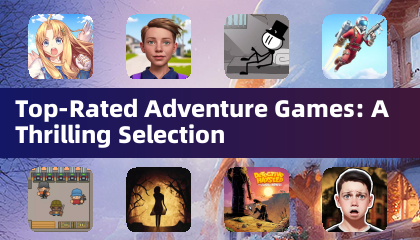
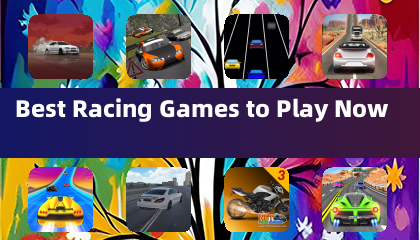






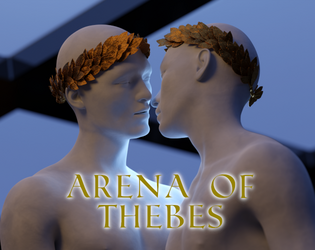
![City Devil: Restart [v0.2]](https://img.icssh.com/uploads/38/1719554737667e52b102f12.jpg)

